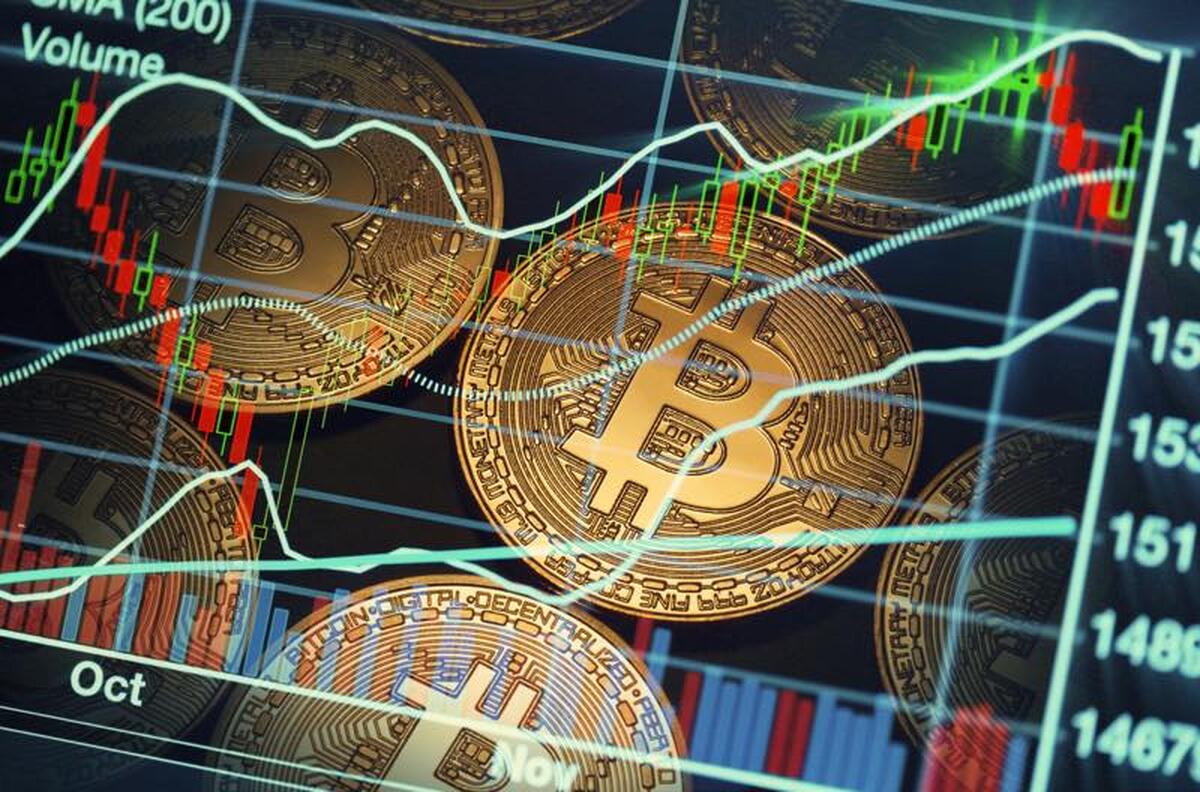New York, September – In a concerted effort to combat the growing challenges posed by cryptocurrencies, global financial regulators and the International Monetary Fund (IMF) have unveiled a comprehensive roadmap aimed at preventing crypto-assets from undermining macroeconomic and financial stability.
The joint initiative, outlined in a paper by the Financial Stability Board (FSB) – the G20’s risk watchdog – and the IMF, highlights the increasing risks associated with cryptocurrencies, exacerbated by noncompliance with existing regulations in some cases. The paper emphasizes that many of the touted benefits of crypto-assets, such as cheaper and faster cross-border payments and enhanced financial inclusion, have yet to materialize.
The paper cautions that if crypto-assets were to gain widespread adoption, it could potentially erode the efficacy of monetary policy, bypass capital flow regulations, intensify fiscal vulnerabilities, redirect resources that could otherwise support the real economy, and pose a significant threat to global financial stability.
The paper lays out specific timelines for member countries of the IMF and G20 to implement recent recommendations regarding crypto regulation from the FSB and the International Organization of Securities Commissions (IOSCO), a global group of securities regulators. This marks a significant shift in regulatory sentiment, as authorities have, for several years, downplayed the potential risks associated with the crypto sector. However, attitudes have notably hardened following the collapse of the crypto exchange FTX in November of the previous year, which sent shockwaves through the financial markets and left investors with substantial losses.
The paper firmly states that a thorough and all-encompassing policy and regulatory approach for crypto-assets is essential to effectively address the risks they pose to macroeconomic and financial stability. This crucial roadmap will be presented to G20 leaders at an upcoming summit in New Delhi later this month.
While the European Union has already approved the world’s first comprehensive set of rules for crypto-assets, the regulatory approach remains fragmented in many other regions, especially in this borderless sector where fraud and manipulation are still prevalent.
The paper also delves into several other significant aspects related to crypto-assets and their regulation. It emphasizes the need for governments to avoid running large deficits, which can lead to inflation that erodes the value of fiat currencies and encourages the adoption of alternative assets such as cryptocurrencies.
Furthermore, the paper calls for clear guidelines on the tax treatment of crypto-assets, as well as a clarification of how existing laws apply to the crypto sector. These measures are seen as vital to ensure transparency, compliance, and the prevention of illicit activities within the cryptocurrency space.
The cryptocurrency market, which has experienced significant growth in recent years, has long been a subject of debate among regulators and policymakers. The decentralized nature of cryptocurrencies, combined with their potential for anonymity, has raised concerns about their use in illegal activities, including money laundering and tax evasion. Additionally, the extreme volatility of cryptocurrencies has sparked fears of financial instability and investor protection.
The collaboration between global regulators and the IMF represents a united front in addressing these concerns and establishing a coordinated approach to crypto regulation. It reflects the increasing recognition within the financial community that cryptocurrencies are no longer a niche market but have become a significant component of the global financial system that demands careful oversight and regulation.
As the crypto sector continues to evolve, the regulatory landscape is expected to undergo further changes, with the goal of striking a balance between innovation and stability. The forthcoming G20 summit in New Delhi will be a pivotal moment in determining the future direction of cryptocurrency regulation on the international stage.






















